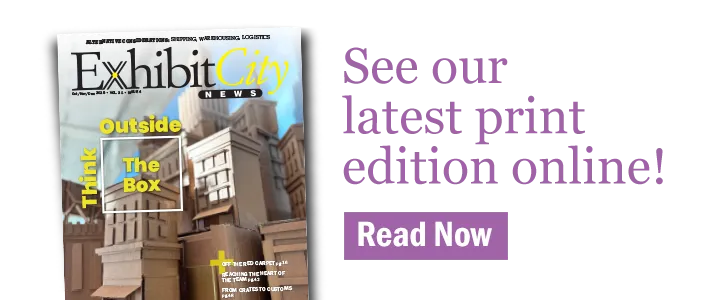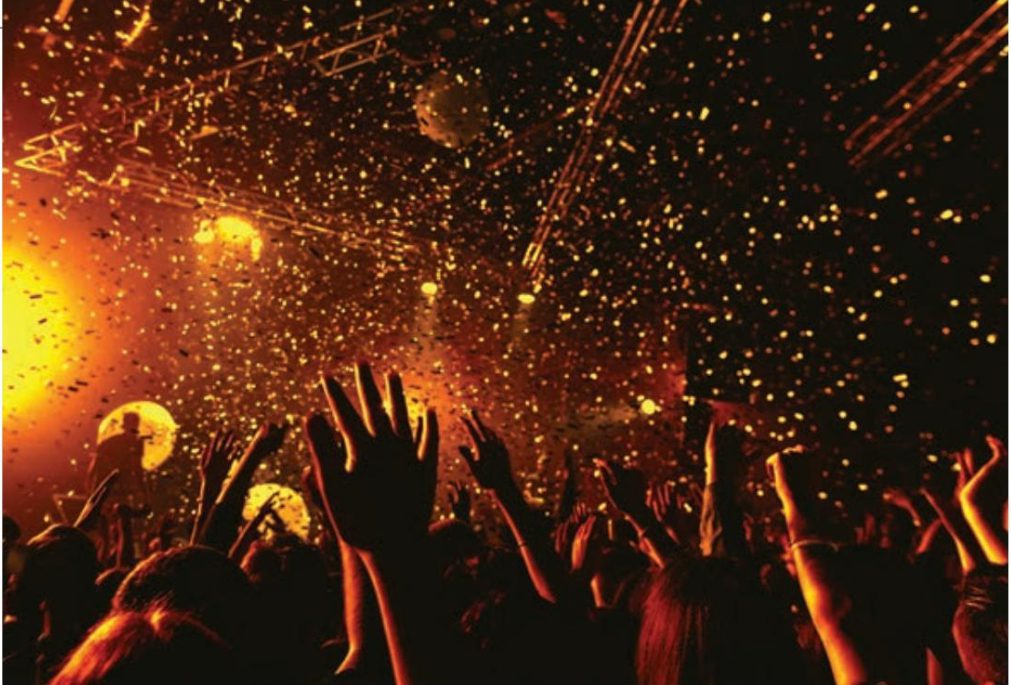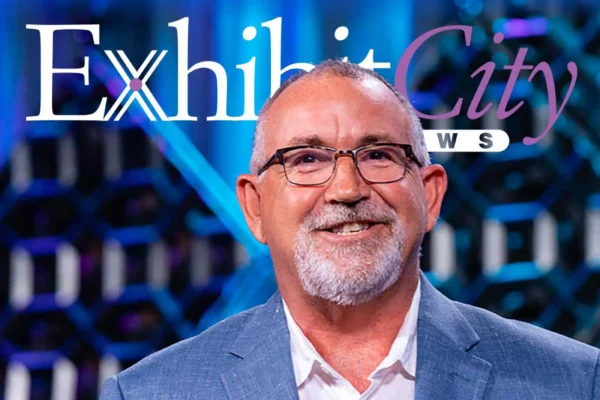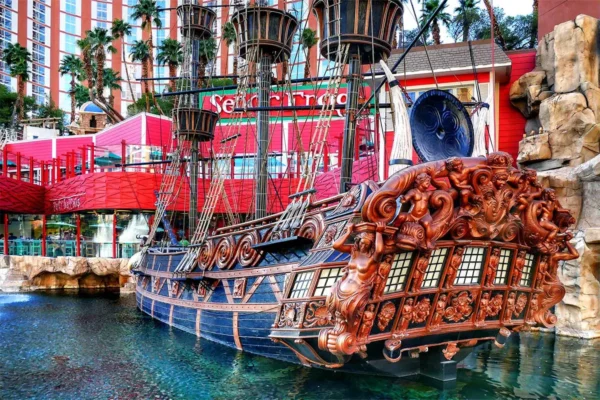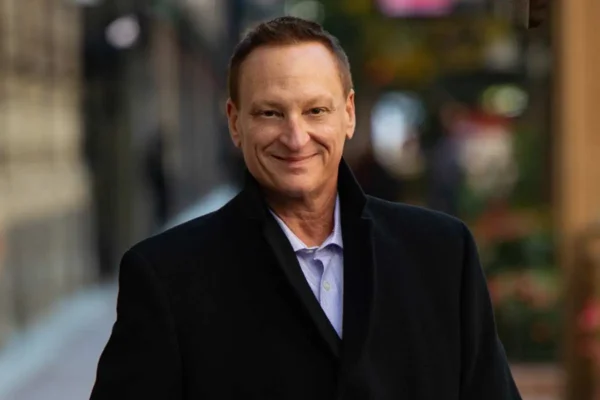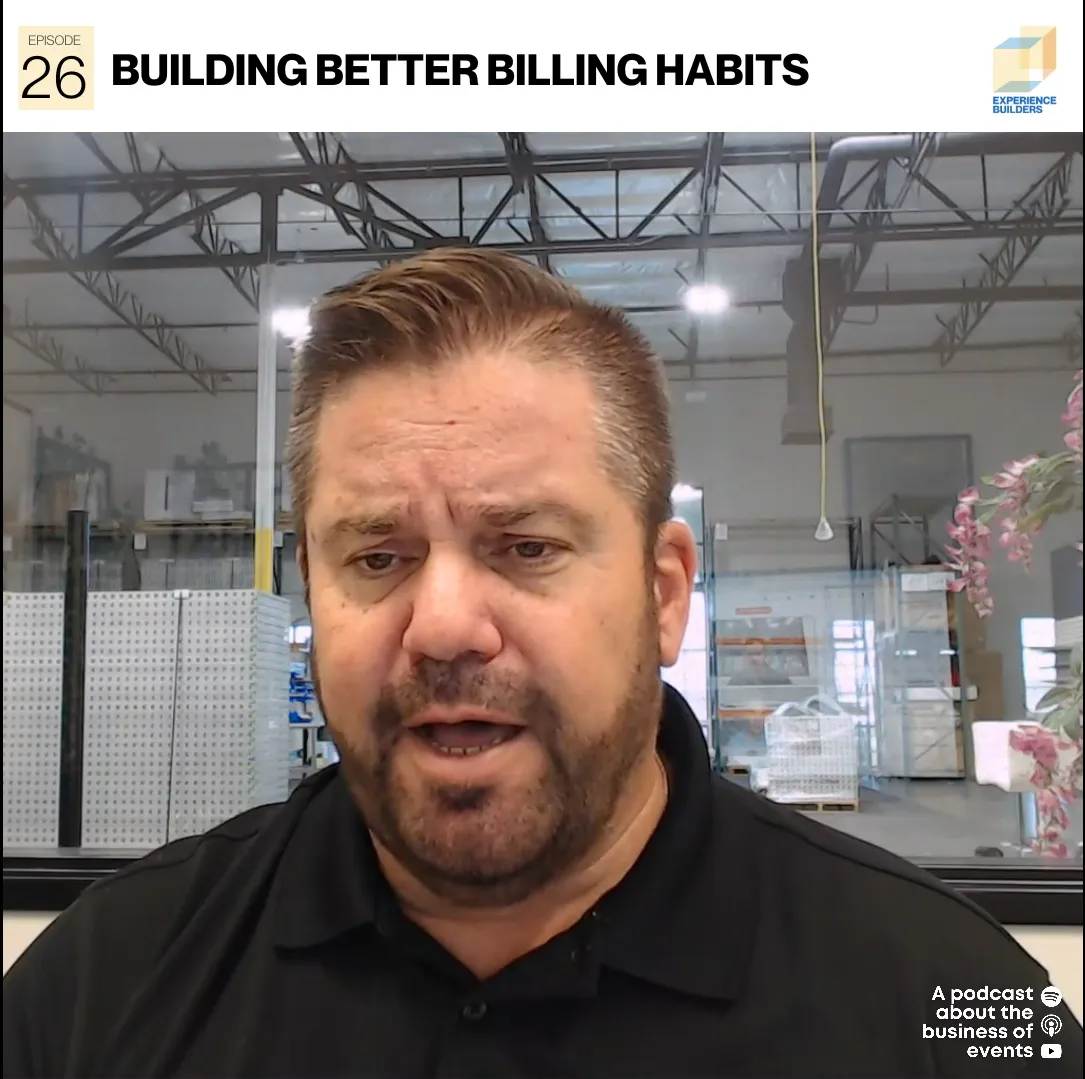Column: From the Corner Office
Date: Circa November 12, 2001
The year was 2001, just 60 days after the heart-wrenching September 11 terror attacks. As I walked into COMDEX, the colossal computer expo tradeshow in Las Vegas, NV, a palpable tension hung in the air. The usual buzz of activity was replaced by a somber silence. Bomb-sniffing dogs and vigilant police officers meticulously combed through the sprawling million-square-foot convention center, searching for anything or anyone suspicious.
The memory of that day still lingers, serving as a reminder of the profound impact of security and terror threats on our world. However, it’s not an isolated incident. Many prominent events, from global extravaganzas to niche expos, have had to alter their course or, at times, face cancellation due to similar concerns.
Consumer Electronics Show (CES) 2021: The world of trade shows witnessed a seismic shift in 2021. CES, which traditionally dazzled attendees in Las Vegas, had to adapt to the new normal. The ongoing COVID-19 pandemic and accompanying security apprehensions prompted a transformation from a grand in-person event to an all-digital format.
2016 Summer Olympics in Rio de Janeiro: Even the grandeur of the Olympic Games wasn’t immune to the shadow of terrorism. In 2016, Rio de Janeiro hosted the Summer Olympics amidst growing security concerns. Extensive measures, including a significant military and police presence, were enforced to ensure the safety of athletes and spectators.
Art Basel Miami Beach 2001: In the wake of the September 11 attacks, the world of art also felt the ripples of insecurity. At the Art Basel Miami Beach art fair, while the show went on, organizers and security forces pulled out all the stops to fortify safety, acutely aware of the fragile nature of the world.
CeBIT 2003: Hannover, Germany, plays host to one of the world’s largest IT and technology trade shows, CeBIT. In 2003, the event faced an unprecedented challenge with the SARS virus outbreak. Heightened security measures were adopted to address both health and safety concerns, leading to a reduced turnout.
Mobile World Congress 2020: Fast forward to 2020, a year that redefined global uncertainty. The Mobile World Congress (MWC) in Barcelona, a cornerstone of the mobile technology industry, couldn’t dodge the impact. It succumbed to the weight of COVID-19 concerns, resulting in its cancellation.
Today, our world grapples with a new normal, where disorder seems to be a constant companion. With ongoing conflicts, a Day of Jihad in October, and a “Worldwide Caution” issued by the State Department in the rearview mirror, one might be tempted to dwell in doom and gloom. However, there’s a brighter side to the story.
ALL SECURE—EVENT SAFETY-NET
Show organizers have become adept at navigating the maze of threats to provide security and protection for the tradeshow ecosystem. Enter “All Secure,” a safety platform developed through collaboration between SISO, Clarion Events, Emerald, Informa Markets, Reed Exhibitions, and Tarsus. It establishes guidelines for holding safe events, trade shows, and exhibitions of all sizes.
The four cornerstones of All Secure* are designed to protect attendees, exhibitors, and everyone involved:
- Physical Distancing: This includes crowd density standards, registration procedures, staggered admission, floor planning, visitor transportation, and measures like eliminating handshakes and managing social functions.
- Cleaning-Hygiene Countermeasures: A focus on deep cleaning, stand cleaning, provision of hand sanitizers, waste management, and environmental controls.
- Protection and Detection: Global guidelines for biosecurity, contact tracing, the use of infrared and thermal imaging, personal protective equipment (PPE), quarantine areas, and innovative solutions like glass sneeze guards.
- Communications: Utilizing various channels such as event websites, apps, SMS, exhibitor manuals, event signage, and public address systems to ensure clear and timely communication.
*See SISO.org
While safety and security now take center stage, show organizers remain vigilant. They continuously monitor local and global events, leveraging tools like the Tradeshow/Event Risk Matrix to assess and manage risks. Leading organizers use a decision matrix, which encompasses an array of factors tailored to each event’s unique context.
This decision matrix examines primary concerns like public health, security, and natural disasters, and includes risk assessment, stakeholder impact, legal and regulatory considerations, communication planning, and more. The goal is to make informed decisions that ensure the safety and success of these vital gatherings.
In these ever-changing times, where the unexpected often becomes the norm, the events industry demonstrates remarkable resilience and adaptability. As we navigate the maze of uncertainty, it’s essential to remember that our world may be disorderly, but events remain a place where innovation, collaboration and the human spirit shine.
 Chris Kappes is a three-decade executive who has served as CMO, CSO and President of leading event agencies. Kappes is a published author of two trade books, The Noise Behind Business. How to Make Tradeshows Work & How to Master the Art of Selling at Tradeshows co-written with sales expert, Tom Hopkins. Kappes shares his industry experiences and views at conferences and publications like Exhibit City News. His contact information: kappes52@gmail.com
Chris Kappes is a three-decade executive who has served as CMO, CSO and President of leading event agencies. Kappes is a published author of two trade books, The Noise Behind Business. How to Make Tradeshows Work & How to Master the Art of Selling at Tradeshows co-written with sales expert, Tom Hopkins. Kappes shares his industry experiences and views at conferences and publications like Exhibit City News. His contact information: kappes52@gmail.com



